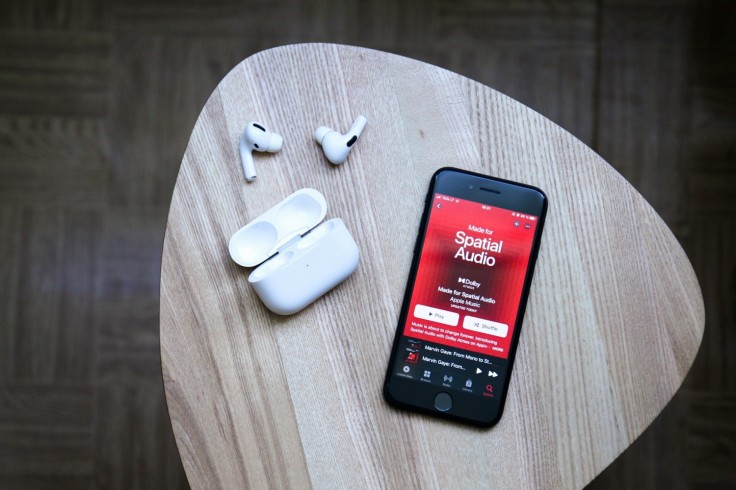Independent music labels representing Phoebe Bridgers, Adele, and more are fighting back against Apple Music's plan to increase the incentive for artists that will produce spatial audio versions of their music.
According to the concerned labels, Apple is implementing an unfair opportunity for artists who cannot afford to produce spatial audio.

Independent Groups Disagree With New Apple Music Policy
Last month, Apple announced that artists with spatial versions of their music are entitled to a 10% increase in their per-play royalties. Moreover, users do not necessarily have to listen to these versions before the artist gets paid for it.
However, independent labels Beggars Group, Secretly Group, and Partisan Records expressed their concern about Apple's recent policy citing that big companies are the only ones who will benefit from it.
"We've found it hard to justify the expense of creating spatial masters . . . we're not in the business of chucking money just because Apple is saying you should be spending money on this," a senior executive at a large independent record company shared.
Beggars Group represents multiple Grammy Award winners like Adele and Vampire Weekend while Partisan Records has been working with PJ Harvey. Meanwhile, Secretly Group teams up with Bon Iver, Muna, and Phoebe Bridgers.
Independent Labels on Spatial Audio Production
According to a Financial Times report, the production of spatial audio could add $1,000 per song to the expenses. If the entire album is to be revised, it could total up to $10,000. Updating older music would also cost even more expensive for the studio.
If the companies are forced to produce spatial audio, it could negatively impact the revenues of the record label and the artists under them. For instance, if Beggars Group decides to adapt to spatial audio, its entire 3,000-album catalog would cost around $30 million.
"If [this policy] takes between 5 and 10 percent off of your global revenues, and not even because the songs aren't performing but because you lose that money and it goes to Universal, the biggest player in the market, we're definitely concerned," a record executive shared.
The new Apple Music policy of an additional 10% incentive for spatial audio will start rolling out at the January payout.









